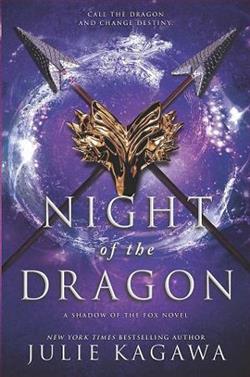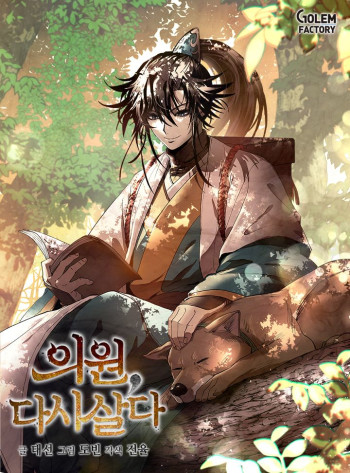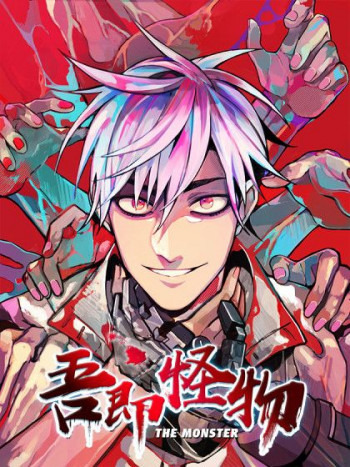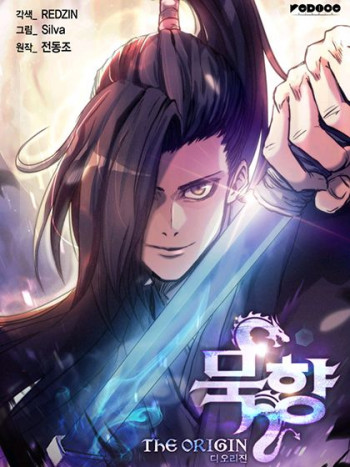Julie Kagawa's Night of the Dragon is a masterful conclusion to the Shadow of the Fox trilogy, a series that has captivated readers with its rich tapestry of Japanese mythology, compelling characters, and intricate plotlines. In this final installment, Kagawa delivers a story that is both heart-wrenching and exhilarating, weaving together themes of sacrifice, redemption, and the eternal struggle between good and evil.
At the heart of the narrative is Yumeko, the kitsune shapeshifter whose journey has been one of self-discovery and growth. Throughout the trilogy, Yumeko has evolved from a naive and sheltered girl into a formidable force, driven by her unwavering loyalty and compassion. In Night of the Dragon, her character reaches new depths as she faces the ultimate sacrifice—giving up the final piece of the Scroll of a Thousand Prayers to save those she loves. This act of selflessness is a testament to her development and highlights the theme of sacrifice that permeates the novel.
Alongside Yumeko is Kage Tatsumi, the shadow clan assassin who has been a complex and intriguing character from the start. His internal struggle with the demon Hakaimono, who shares his body, adds a layer of tension and unpredictability to the story. Kagawa skillfully explores the duality of Tatsumi's nature, as he grapples with his dark side while striving to do what is right. The alliance between Tatsumi and Hakaimono is a fascinating dynamic, showcasing the theme of redemption and the possibility of change, even for those who seem irredeemable.
The supporting cast of characters, each with their unique abilities and personalities, enriches the narrative and provides a sense of camaraderie and unity. This ragtag band of heroes, including the noble samurai Okame, the fierce ronin Daisuke, and the enigmatic monk Reika, brings humor, heart, and depth to the story. Their interactions and relationships are a testament to the power of friendship and the strength found in diversity.
Kagawa's world-building is nothing short of spectacular. The Empire of Iwagoto is a vivid and immersive setting, steeped in the lore and mysticism of Japanese culture. From the wild sea cliffs to the shadowy depths of the demon realm, each location is meticulously crafted, transporting readers into a world where magic and danger lurk around every corner. The author's attention to detail and her ability to blend fantastical elements with cultural authenticity make the setting a character in its own right.
The plot of Night of the Dragon is a thrilling rollercoaster of action, suspense, and emotion. As the characters race against time to stop the Master of Demons from summoning the Great Kami dragon, the stakes are higher than ever. Kagawa expertly balances moments of intense action with quieter, introspective scenes, allowing the characters' emotional journeys to shine through. The pacing is impeccable, keeping readers on the edge of their seats while providing ample opportunity for reflection and character development.
One of the standout aspects of the novel is its exploration of the theme of destiny versus free will. The characters are constantly faced with choices that challenge their beliefs and force them to confront their fears and desires. Kagawa delves into the idea that while destiny may guide one's path, it is ultimately the choices made along the way that define a person's true nature. This theme resonates deeply, adding a layer of philosophical depth to the narrative.
In comparison to other works in the fantasy genre, Night of the Dragon stands out for its unique blend of mythology and character-driven storytelling. Fans of Leigh Bardugo's Grisha Trilogy or Laini Taylor's Daughter of Smoke and Bone series will find much to admire in Kagawa's work. Like Bardugo and Taylor, Kagawa excels at creating complex, morally ambiguous characters and weaving intricate plots that challenge readers' perceptions of right and wrong.
The novel's conclusion is both satisfying and bittersweet, providing closure to the characters' arcs while leaving a lingering sense of wonder and possibility. Kagawa does not shy away from the harsh realities of sacrifice and loss, yet she also offers hope and redemption, reminding readers of the resilience of the human spirit.
In summary, Night of the Dragon is a triumphant finale to the Shadow of the Fox trilogy, a testament to Julie Kagawa's prowess as a storyteller. With its richly drawn characters, immersive world-building, and thought-provoking themes, the novel is a must-read for fans of fantasy and mythology. It is a story that will linger in the hearts and minds of readers long after the final page is turned, a reminder of the power of courage, love, and the enduring battle between light and darkness.
























Reviews 0
Post a Reviews: